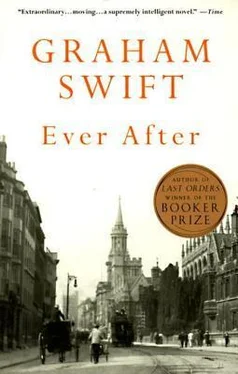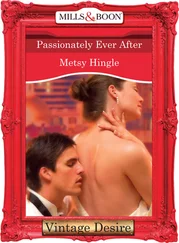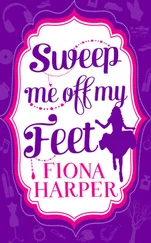“So — Mr Nesbitt.”
They dine on cod and chips and strong tea, by a steamed-up window that seems, in its veiled opacity, somehow appropriate. Beneath her raincoat, she wears a blue, white-dotted summer frock that buttons down the front. He realises that in just a little while— It is strange to think that only the night before, in the Blue Moon Club, she was all satin and egrets’ feathers, but this dress, with its polka-dots and buttons, which is neither too modest nor too flaunting — the sort of dress a young wife might wear when setting out with her husband on her holiday — excites him more than he can say.
They linger in the fish and chip parlour. Though neither of them utters the thought, it is understood they are waiting for darkness to descend. This too seems appropriate. When you are out on an adventure …
When they can see their faces in the misty window, they leave.
Nothing is meant to be. Everything is meant to be.
They hail a taxi. They are used to taxis. (There are no problems: it doesn’t break down.)
“The Denmark Hotel, Norfolk Square.” Can the taxi-driver guess?
The woman at the desk has neither pendulous earrings nor ramparts of bosom. She is thin, toothy and angular and has an air of veiled boredom. He signs the register. A good, a commendable performance. There are no trick questions. Only the momentarily disarming “Will you be wanting a call in the morning?”
“No, that’s all right — we’ll manage.”
“Only we don’t like our guests”—a piano-key smile—“to miss any trains.”
She holds out, dangling from a wooden bobble, the key to number thirty-two (ever afterwards a magic number). And before any smirking porter can intervene (but there is no porter, it’s not that sort of place), they turn with their bogus bags to mount the stairs — where with each flight, the carpet and paintwork get progressively dingier, while, as if to compensate, excitement flares between them.
You have to picture the scene. How it was then, on a wet August night in 1957, in the days before she was famous. The room looks over the street. The backcloth, beyond the window, is the inky shimmer of London under rain. But the curtains are soon drawn, and almost as soon, it seems, clothes are removed, plucked, pulled, yanked from impatient flesh. He had not expected it quite, this frenzy and breathlessness to be unclad, as if some off-stage voice, some prompter’s whisper, should have gently enjoined: take your time, you have all night. Nor was he prepared for the arresting candour, the simplicity and amazement, of nakedness. And this, you see, is me. And this is me.
He was not prepared, either, for the tender and inspired fluency (as if to complete the candour) with which each one of them offers the other on this indelible night the complete and unabridged story of their lives up until this point. His is a strangely dramatic tale (though he doesn’t know the half of it yet), full of comedy and tragedy in the romantic streets of Paris, and hers is a tale of the obscure London suburbs. But it is she who will be the actress, who will be the Queen of the Nile.
And so it is that he tells her, what he has never told anyone before, about his — father. That he took his life.
Rain patters on the window (tomorrow will be bright and new). There is faded, flowery wallpaper, a rickety wardrobe, a wash-stand that gurgles shamelessly in the dark.
How strange, how incomprehensible, that whispered phrase. How unreal, even as he speaks it. How impossible that either of these young people, whose lives, this night, have never been so richly possessed, so richly embraced, will ever come to such a pass. He took his life, he took his life.
GRAHAM SWIFT was born in 1949 in London, where he still lives and works. He is the author of eight previous novels: The Sweet-Shop Owner; Shuttlecock , which received the Geoffrey Faber Memorial Prize; Waterland , which was short-listed for the Booker Prize and won the Guardian Fiction Award, the Winifred Holtby Memorial Prize, and the Italian Premio Grinzane Cavour; Out of This World; Ever After , which won the French Prix du Meilleur Livre Étranger; Last Orders , which was awarded the Booker Prize; The Light of Day; and, most recently, Tomorrow . He is also the author of Learning to Swim , a collection of short stories, and Making an Elephant , a book of essays, portraits, poetry, and reflections on his life in writing. His work has been translated into more than thirty languages.












